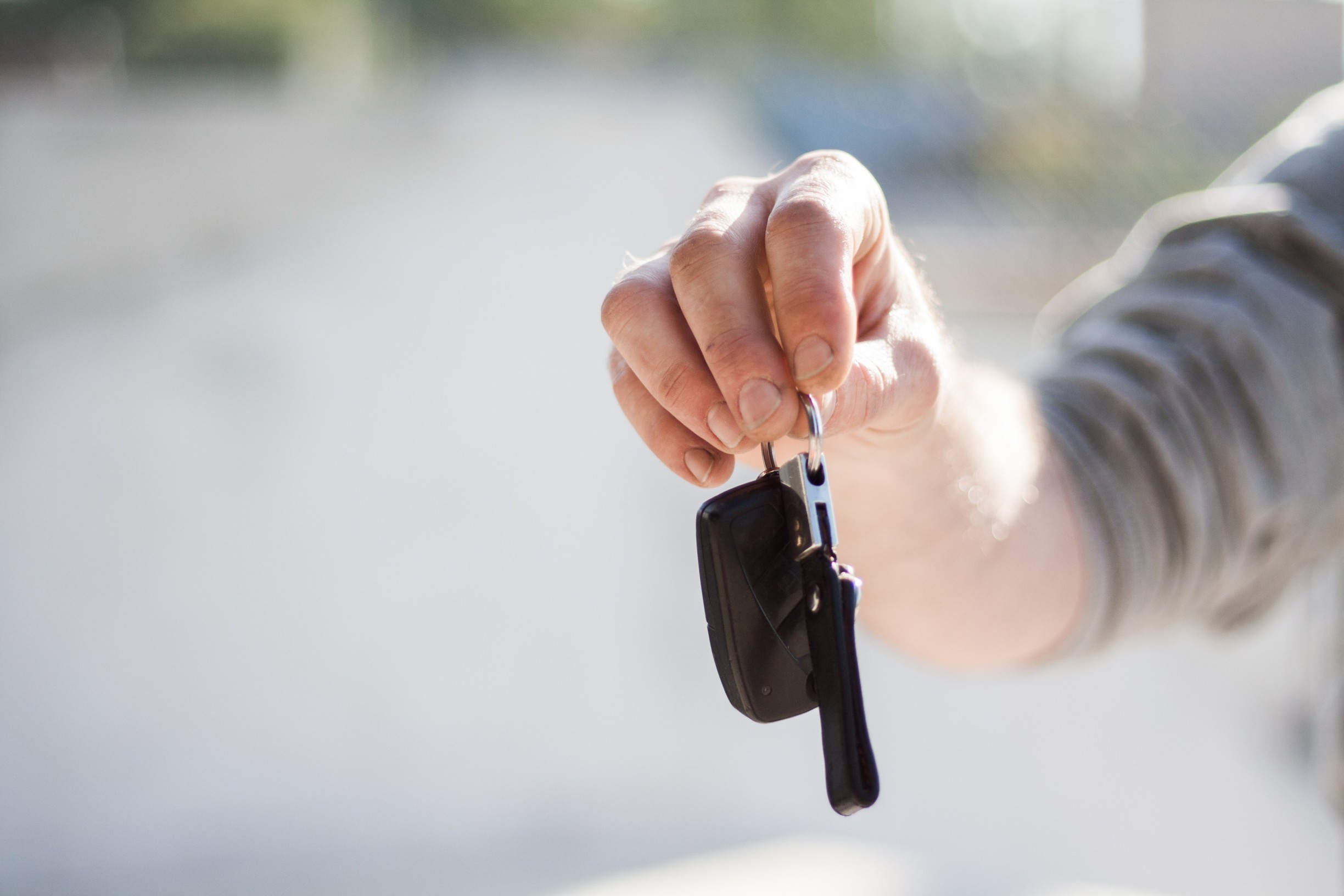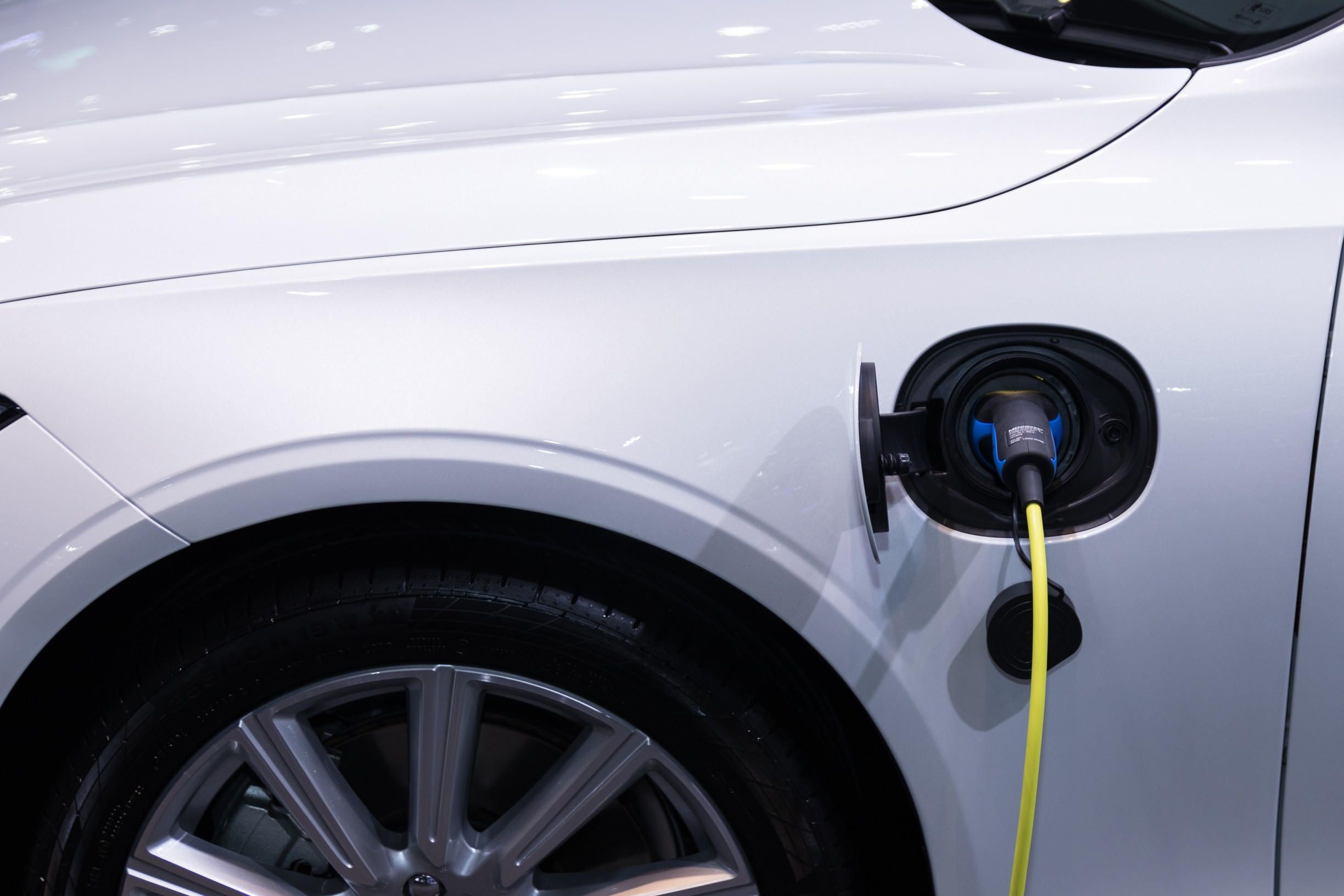
Can the British public really cope without owning their own cars?
April 28th, 2022
The relationship between the British public and their vehicles has changed a lot over the last few years. With the rise of working from home and hybrid work schedules, car ownership numbers all over the country and the entire UK are dropping considerably.
In fact, the Society of Motor Manufacturers and Traders found that March 2022 saw new car sales suffer their weakest performance since 1998, with a 14.3 per cent year-on-year decrease. Why are we seeing a disconnect between British drivers and the motorways?
In this article, we’ll take a look at how the rapidly changing world has caused motorists to reduce their time on the roads, and whether full-time ownership of a car is necessary as a consequence.
Working remote
The way we work has changed dramatically over the past few years. Many businesses have found that both a hybrid style of working and working from home can be productive for growth. In fact, the Office for National Statistics found that in 2021, 85% of study respondents wanted a hybrid blend of office working and remote working going forward.
As a result, the number of people commuting to their place of work has dropped. This has contributed to the overall vehicle usage in the UK dropping by 60% according to This is Money.
For the remote workers of the business world in the UK, a car might not be a necessary possession anymore. However, they could still be useful for those in a hybrid working situation, but an hourly car rental service may come more in handy than owning one yourself.
Shop local
The adaptation to new styles of working ran parallel to a change in shopping habits. Since March 2020, there has been an uptick in shopping local, with research conducted by Deloitte finding that 59% of British consumers made more regular purchases from local independent stores and retailers through 2020/21.
The desire to stay local and support high streets that are often within walking distance of our homes rather than driving into city centres for shopping at chain retailers has also reduced the need for owning a car. If a longer trip is necessary, public transport is always a fantastic option too.
The rapidly changing world has caused motorists to reduce their time on the roads
Supply shortage
One issue that has directly affected car ownership in the UK is the shortage of new cars coming off the production line. 2022 has seen a number of manufacturers struggle with supply chain issues and factory closures have seen the SMMT report a 41% drop in production numbers.
In addition to the lack of new cars, used cars are also becoming more expensive. According to a Market Watch report from INDICATA, used car prices in the UK have seen a spike being 33.2% higher in 2022 than they were in May 2021.
Petrol prices have skyrocketed too, with Confused.com reporting that the average price per litre for petrol and diesel has reached 166.8p and 180.1p respectively. These various costs could encourage driving members of the public to either switch to an electric vehicle or limit their reliance on cars.
Learning and testing demand
Before even getting onto the road, potential drivers awaiting examination could be waiting upwards of 10 months. This comes as a result of testing facilities closing over the past two years, as well as a shortage in driving instructors.
Prior to March 2020, the number of people testing to drive in the UK was around 1.6 million per year, but over 2020 – 2021, the DVSA reported that it dropped to 436,000. For some eager learners faced with a four-hour round trip for an examination that takes upwards of 40 minutes, the pressure to pass first time and avoid having to retest can be daunting. This could understandably lead to a number of learners leaning away from even taking their test, let alone thinking about owning a car.
The case for not owning a car full-time seems to be growing more and more as time continues. Fewer people working in offices on the weekdays or travelling into city centres for shopping has reduced the daily number of cars on the roads. With rising prices for petrol and used cars, it’s harder than ever to enter the world of car ownership in the UK, so drivers are exploring alternative options such as car rentals. The added shortage of new cars and ways to learn and test stacks on the issues for driving could lead to people being dissuaded from owning a personal vehicle full-time.
Relevant reading

How the past year has changed our thoughts on car ownership
Car ownership has become too ingrained in us to just go cold turkey straight away and give up our cars, but we can make baby steps to a big change. If you are part of a multiple car household, then maybe try to go a month without using one of the cars and see how you find it.

Why everyone should embrace electric vehicles – dispelling myths and looking at the benefits
2030 seems a long way off, but when it comes to buying your next car, 2030 should definitely be in your thoughts.That’s because the government announced in 2020 that the sale of petrol and diesel vehicles would no longer be permitted beyond 2030, meaning many people are left with a big decision to make when buying their next car.
